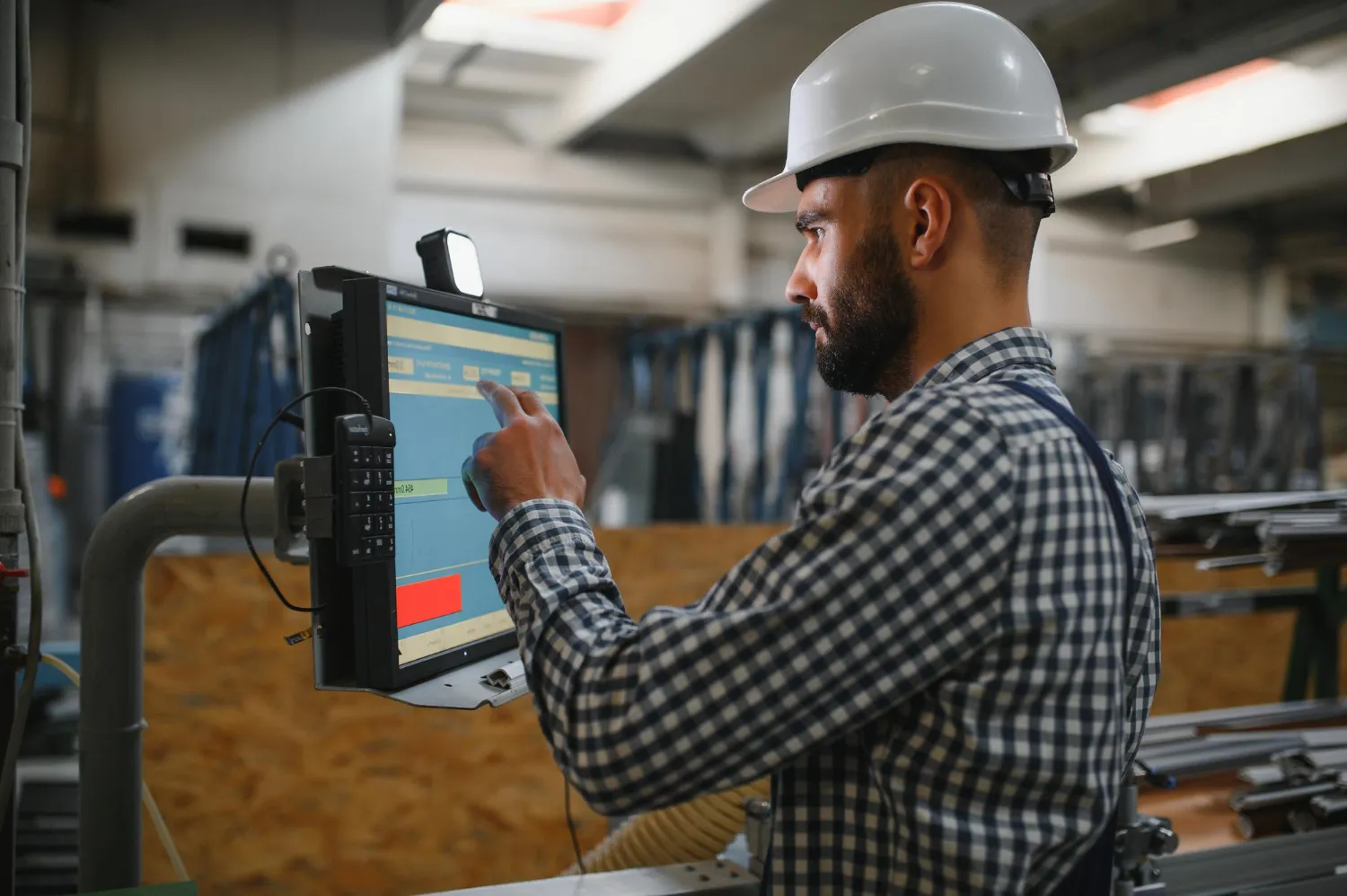Lorem ipsum adipiscing purus fermentum. Praesent vitae quam sed...


The adoption of MEP systems in smart buildings is on the rise. MEP is one of the game changers in the industry with just 25% of the total construction cost in new properties.
Mechanical, Electrical, and plumbing (MEP) systems are instrumental in improving both comfort and efficiency in buildings. This enables you to avoid wasting precious resources and make good use of what is available.
Smart building solutions have gained great traction in the industry. But their role still seems somewhat unclear to many people. If you have been stuck with the same confusion, then you are at the right place. This article will provide in-depth information about MEP systems in smart buildings.
MEP systems are a combination of three important components that help a building operate more efficiently. These components include:
All these components must operate effectively to maximize power efficiency. Proper design, planning, and coordination are needed to ensure every system functions properly. This will ensure you get the most out of the advanced MEP solutions in your building and drive better savings.
You must first understand these essential components of a building's MEP system to make sense of their role here. That said, let's take a closer look at each of these components and the role they play in your building:
The primary purpose of the mechanical system in a building's MEP system is to enhance comfort and efficiency indoors. These systems generally include the HVAC, escalators, and elevators.
The heating systems keep indoors warm during the winters. Ventilation ensures proper airflow and air conditioning offers comfort. Let's take a closer look at the role of these systems in your building:
Electrical systems are meant to provide power to all the electrical components in the building. Whether communication systems or lighting fixtures, every component gets its power from these systems.
You can also think of it as one of the most important components in the MEP system since it offers a wide range of applications. So, let's take a look at the role of these systems in your building:
These components play an imperative role in ensuring the seamless distribution of drinking water, drainage, and sanitation.
The building's plumbing system will cover everything from design installation to even maintenance of fixtures and pipes. This helps ensure seamless water and heat distribution along with proper waste management. Now, let's check the role of these systems in the building's MEP system:

There are countless factors that make MEP very important for modern buildings. These systems go a long way in enhancing the lifestyle and safety of every occupant there. So, here are some factors that make MEP systems important for modern buildings:
There is no doubt that the role MEP systems play in our modern buildings is very important and not something you can undermine. Understanding these roles and using IoT in MEP systems is a great way to look at the future of buildings. It is important to leverage these systems to your advantage and get better energy efficiency, comfort, and safety from your building with minimal effort.
Lorem ipsum adipiscing purus fermentum. Praesent vitae quam sed...
Lorem ipsum adipiscing purus fermentum. Praesent vitae quam sed...